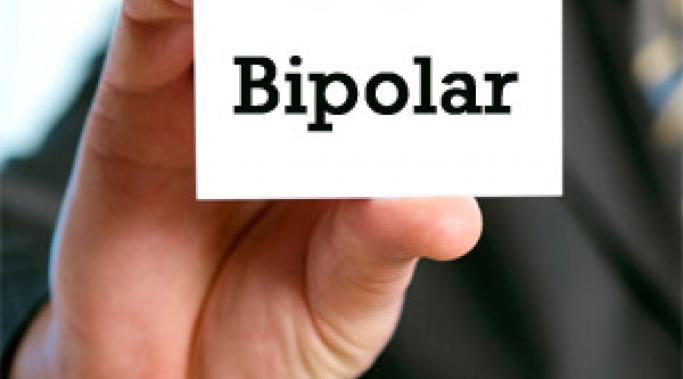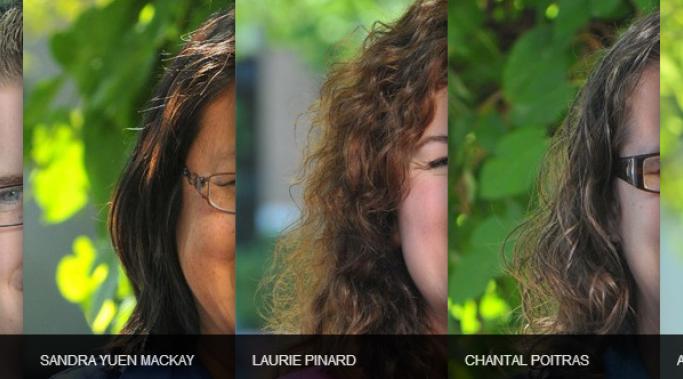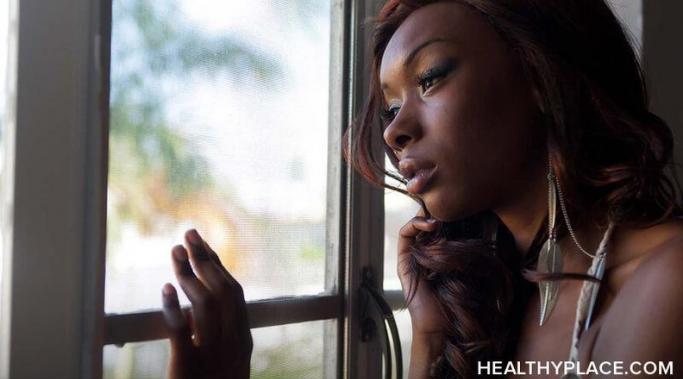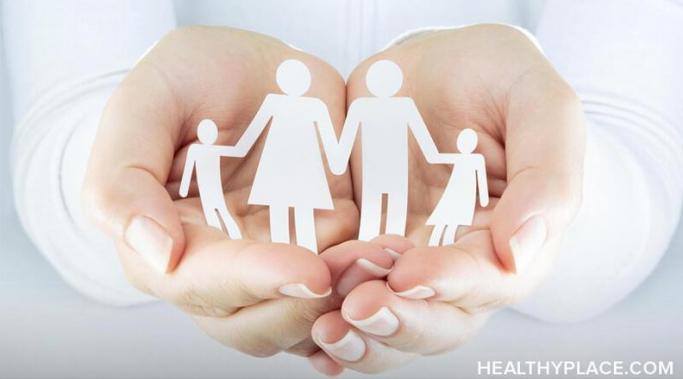There is this whole notion that simply by saying the words, “I’m bipolar” you’re somehow overidentifying with bipolar disorder. In other words, you’re allowing the disease to define who you are. Well, naturally, I find this to be ludicrous and I don’t need to play word games in order to individuate myself as a person.
Nevertheless, I admit that bipolar is a huge part of my life and I make no apologies for that. If you were sick every moment of your life it would have quite an impact on you too.
Bipolar Diagnosis
This week is Mental Illness Awareness Week in Canada. (Mental Illness Awareness Week in the U.S. starts next week. Why the two countries couldn’t get together on this I’ll never know.) And in honour of this week, I thought I would feature the Mental Illness Awareness Week’s campaign – the Faces of Mental Illness.
The Faces of Mental Illness Focuses on real people with real mental illnesses who have faced the worst and still found recovery. If you’re looking for some hope, these are the people who will give it to you.
One of the dumbest things I’ve ever heard is of doctors not giving their patients their diagnoses. That’s right – the patient sees the doctor, the doctor does a full assessment, the doctor reaches a conclusion, but keeps it a big secret like an upcoming birthday party.
This is an example of parental doctoring and completely insults the patient.
Bipolar disorder has an approximate prevalence in society of 1% and obsessive-compulsive disorder has an approximate lifetime prevalence of 2.5%. When you put those two numbers together, you should have a very small population that has both bipolar disorder and obsessive-compulsive disorder.
However, this turns out not to be the case. Actually, according to a recent study, 50% of people with obsessive-compulsive disorder also have a depressive disorder and 10% have bipolar disorder.
In short, if you happen to have both disorders, you’re not alone.
Recently, one of my search referral logs revealed the question, “Can I Become a Doctor if I Have Attempted Suicide?” This is a very specific question and I’m afraid I don’t have the technical answer to it on my site.
But the question itself saddened me. Mostly because someone would think that they couldn’t become a doctor just because of a suicide attempt. A suicide attempt should neither limit how people see you nor how you see yourself.
We’ve all heard it – the condescending notion that bipolar disorder, depression or another mental illness is “all in our heads.” This is the notion that we are not ill and that we simply think we are ill. If we stopped believing we had a mental illness, we would stop having one. Naturally, this is hogwash. But science and medicine can’t seem to convince people out of this illogical notion (Denial Keeps Those with a Mental Illness From Getting Better). I think that’s because people have their own psychological reasons for wanting to believe that mental illness is “all in our heads.” Mostly, it’s fear.
In my line of work I run into many people engaged in the mental health system in different ways. Many people are patients, naturally, but many are the loved ones of patients as well. And some of these loved ones are parents. And some of these patients are children.
I have publically stated previously how shaky I am on the concept of children and mental illness; which is to say that I’m very critical of labelling children with a mental illness when we don’t even have formal diagnostic criteria for mental illness in children (except for things like ADHD/ADD). I’ve also said that I’m even more critical of putting children with their growing brains on psychotropic medication when we aren’t even fully aware of what these medications will do to adult brains long-term, let alone developing ones.
Nevertheless, parents don’t have to justify their child’s mental illness or the treatment of that mental illness to me or anyone else.
As you might have heard, last week it was revealed that Jesse Jackson Jr., an Illinois congressman, is in treatment for bipolar disorder. Jackson Jr. has been on medical leave since June 10th and has been diagnosed with bipolar II.
As Candice Crawford, CEO and president of the Mental Health Association of Central Florida in Orlando, says, “People with bipolar II can lead perfectly normal lives.”
I agree completely, but the question is, can they be elected to public office?
Recently a commenter talked about how she felt taken advantage of by a loved one who had schizoaffective disorder. This particular individual seemed to take a lot from his family and gave nothing in return. He refused to shower, help out around the house, pay for anything and would eat out at restaurants with no money and then insist his family come down to the restaurant and pay for him.
The person with schizoaffective disorder was being medically treated and the loved one felt that he was just manipulating the people around him.
Now, I can’t say what the motivation was in this scenario, but certainly, this commenter is not the only one to have found herself in that situation. So the question is, is mental illness an excuse for bad behaviour?
When people realize they have a mental illness like bipolar disorder or schizophrenia, one of the first feelings they have is fear. And there’s a lot to be afraid of. There are the treatment, doctors, symptoms, side effects and then there’s the illness itself. It’s completely reasonable to feel scared in that situation.
And in that moment, or possibly in a moment shortly thereafter, the fear of abandonment becomes a reality. A very reasonable and realistic fear is that people will abandon you because of the mental illness.


![MP900432989[1]](/sites/default/files/styles/blog_listing/public/uploads/2012/09/MP9004329891-682x1024.jpg?itok=NpPW8BSS)
![MP900442726[1]](/sites/default/files/styles/blog_listing/public/uploads/2012/09/MP9004427261.jpg?itok=_AH3CRWY)




